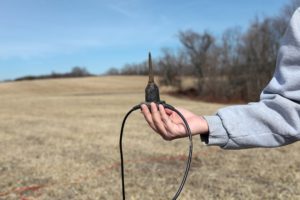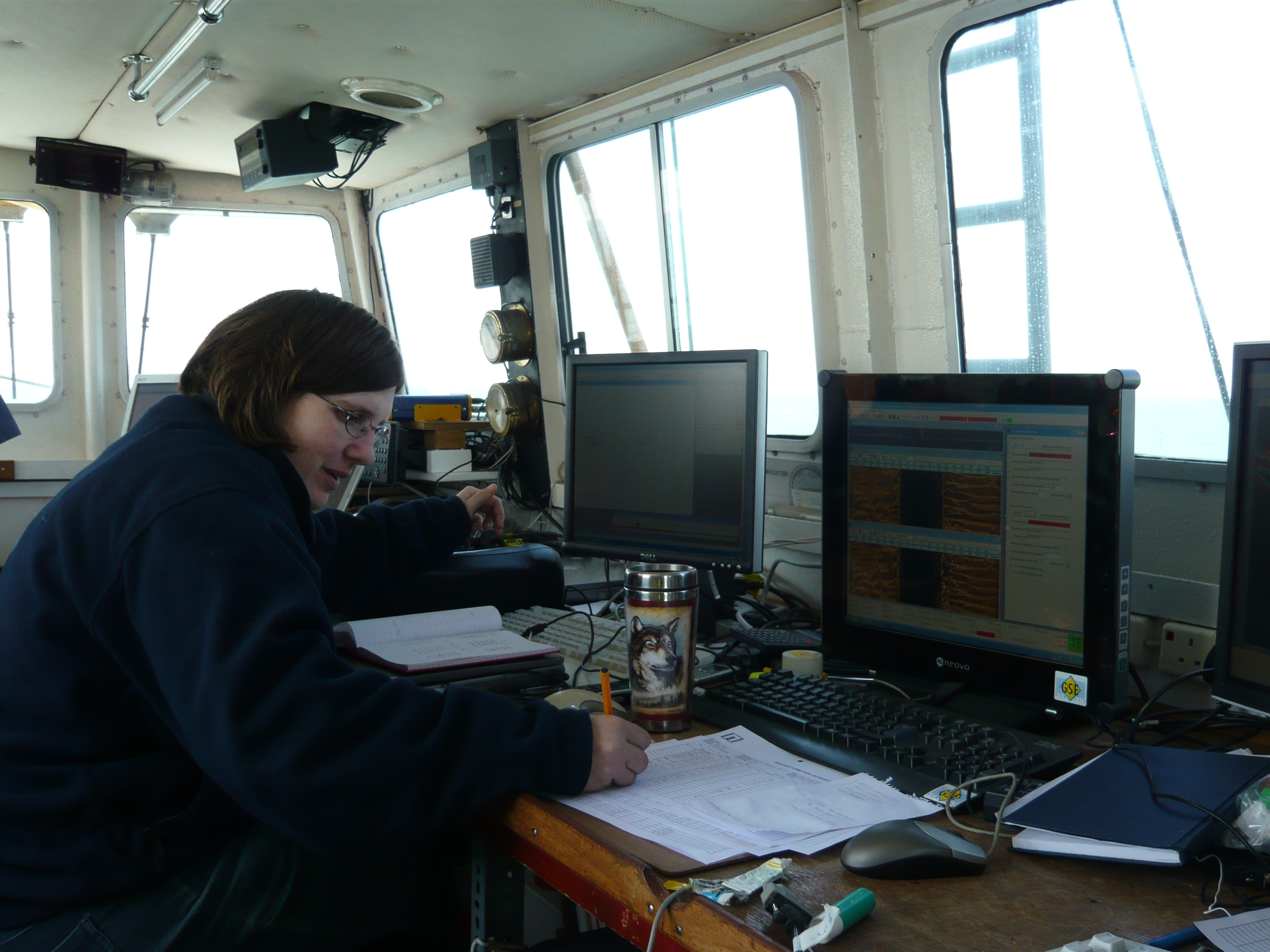All Categories
Featured
Table of Contents
Marine Geophysicist - Explore The Seafloor in Bayswater Aus 2022
This work is significantly contracted out, so consultancies provide another source of employment. Consultancy firms differ in size, from really small companies to large multinationals. Some consultancies are quite specialised in utilizing particular geophysical techniques or working in specific locations, while others use a more varied range of services to their consumers.
The extraction of gas from landfill sites is another location of employment and this may grow in the future. Expedition companies may carry out work for construction companies, public utility, mining business and ecological companies, so geophysicists may be utilized in any of these settings. Other employers include: geological surveysgovernment bodies and agenciesuniversities and research institutes.


Jobs may be noted in the oil and gas sector press. Recruitment is affected by oil cost changes and the level of competition for positions varies depending upon this. Careers Days, which cover the full variety of geoscience careers and are normally participated in by a number of key industry companies, are run by The Geological Society.
Marine Geology And Geophysics in Woodbridge Aus 2022
A few of the large oil and gas companies use a full two-year structured training programme across the breadth of geophysics, consisting of the opportunity to experience work in various groups prior to specialising in one location. Your training may include deal with: existing wellsmagnetic and gravitational potential field data analysisresearchrock analysis. However, it's more usual for your preliminary training to be provided on the job.

There might be a probationary duration throughout which you work along with a knowledgeable coworker. Competency-based appraisals take location frequently in most companies. In smaller sized firms, and for scholastic posts, there is unlikely to be any official training - you'll be expected to begin work straightaway and get skills as you go along.
If you work for a smaller company, you may discover that you require to take duty for setting up and moneying your own advancement and training. If you have a geology degree, subscription of The Geological Society can be useful for networking and for keeping up to date with the industry.
Course: Basics In Geophysical Surveying in North Fremantle Aus 2021
You might likewise discover it beneficial to join the PESGB (The Petroleum Exploration Society of Great Britain, which has a geophysics special interest group. After a probationary period, and as soon as you have actually acquired some experience, you might advance to senior geophysicist, then group leader and after that into a senior function in management.
The ease of motion between functions depends on the business structure. Study at Masters or Ph, D level in a subject associated to geophysics or geosciences might assist with your career advancement and progression. The employment market within the oil and gas industry is really based on rate and this might impact your chances for profession development.
For skilled geophysicists, freelance consultancy uses an excellent path for profession development. As a geophysicist, you're likely to have several jobs throughout your working life.
Careers In Geology And Geophysics in Bicton WA 2021
From geophysics, it's possible to focus on seismology (completing additional training to become a seismic interpreter) or to move into related areas such as engineering geology or risk forecast.
Deciding what to study in college is a hard choice. Even if you understand that your field of interest lies in science, what program of research study is right for you?
The first action to achieving your goal of becoming a geophysicist is earning a degree. Even for entry-level positions in the field of geoscience, you'll require a bachelor's degree (a geophysicist college degree) from a certified college or university. Some research positions need prospects to hold master's degrees and even Ph.
Gravity Geophysical Survey Method in St James WA 2023
Postgraduate degree are particularly important if you prepare to teach at a four-year institution. Geophysicists use physics ideas and methods to study the gravitational, magnetic, and electric fields of the earth. This advances researchers' understanding of both the planet's interior core and its surface. Geophysicists must be able to: examine rocks, photographs, and other pieces of information perform research study both in the field and in laboratories create maps and charts of their findings compose reports To accomplish all this, students need a specialized education for geophysicist professions.
As mentioned above, you'll need a bachelor's degree in geoscience or a related discipline, such as a physical science or a life sciences, to land an entry-level job. However trainees can likewise prepare by majoring in topics like: Biology Chemistry Computer science Engineering Mathematics Physics The above geophysicist majors provide a more generalized method to a single clinical discipline, however many programs need trainees to take one or more geology course.
Table of Contents
Latest Posts
Airborne Geophysical Survey in Hocking Aus 2023
Geophysical Survey Services - Geophysical Test Methods in Karrinyup Australia 2020
Geophysicist: Job Description, Duties And Requirements in The Vines Aus 2020
More
Latest Posts
Airborne Geophysical Survey in Hocking Aus 2023
Geophysical Survey Services - Geophysical Test Methods in Karrinyup Australia 2020
Geophysicist: Job Description, Duties And Requirements in The Vines Aus 2020